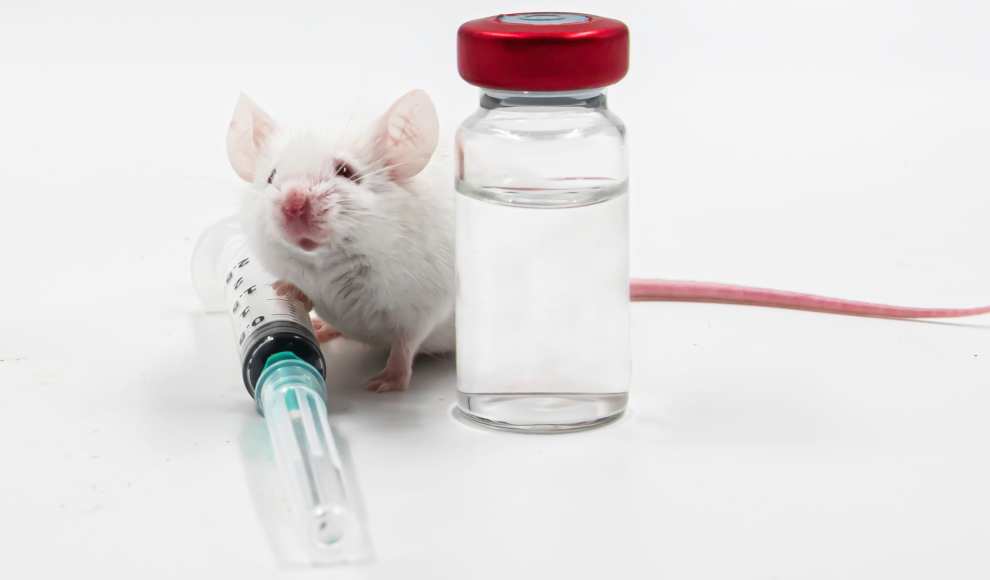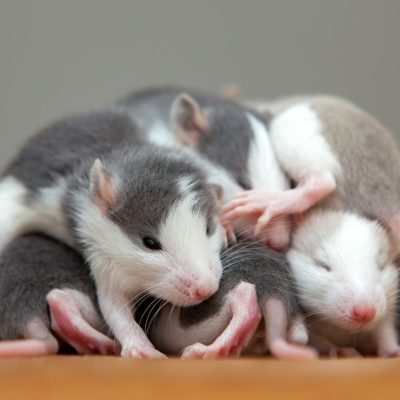A biotech company has successfully rejuvenated mice through gene therapy, and now aims to extend human life. Rejuvente Bio, based in San Diego, claims to have extended the lives of mice by altering their genes, and hopes to do the same for humans. The company introduced three reprogramming genes into the mice, which were the equivalent of 77-year-old humans, and found that they lived an average of 18 weeks longer than the control group. The treated mice lived seven percent longer overall. The technique was discovered by Japanese biologist Shinya Yamanaka in 2012, and involves exposing cells to proteins that are normally only active in embryonic cells, causing them to become more youthful.
While the technique has previously been used to treat individual cells and sick mice, this is the first time it has been used to extend the lives of healthy mice. The results are seen as a significant step towards developing a therapy that could extend human life. The company’s findings have been published in a preprint study on bioRxiv. Martin Borch Jensen, founder of Impetus Grants, an organization that funds aging research, said that the results were of high importance because they showed that the treatment was closer to being a possible therapy for humans.
The search for ways to slow or reverse the aging process has been ongoing for some time, and this latest development is seen as a significant breakthrough. While the technique has previously been used to treat individual cells and sick mice, this is the first time it has been used to extend the lives of healthy mice. The results are seen as a significant step towards developing a therapy that could extend human life. The company’s findings have been published in a preprint study on bioRxiv. Martin Borch Jensen, founder of Impetus Grants, an organization that funds aging research, said that the results were of high importance because they showed that the treatment was closer to being a possible therapy for humans.










